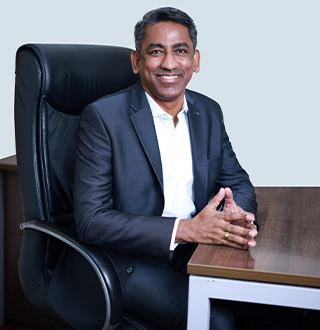
Be Well Group of hospitals is establishing a new order of health care delivery to ensure accessible, affordable and quality care available to all. Be Well has been setting up best hospitals in south India with world-class infrastructure in locations that currently have limited access to all-round healthcare. We have won the trust of our patients with our transparent pricing policy, ethical practices, right treatment recommendations and innovative patient education initiatives which has made “Be Well” a brand of trust & care.
PATIENTS BENEFITED
HEALTH CHECKUPS
SURGERIES DONE
BABIES BORN